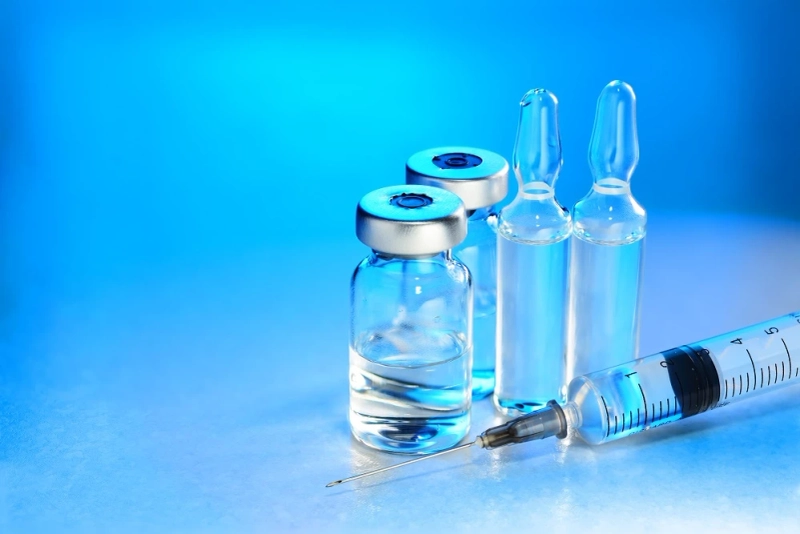In the field of healthcare, patient safety is paramount. It revolves around ensuring the well-being and protection of patients throughout their medical journey. One crucial element in maintaining patient safety is using sterile water for injection.
This blog emphasizes the significance of sterile water in healthcare settings and its pivotal role in minimizing the risk of infections and other potential harm to patients. In healthcare, every little detail matters, and the importance of sterile water for injection cannot be underestimated.
As medical professionals strive to provide the highest standard of care, patient safety remains at the forefront. By ensuring sterile water for injection, healthcare facilities demonstrate their commitment to maintaining a sterile and safe environment for patients.
- Understanding Sterile Water for Injection: It is a purified form of water that undergoes a rigorous process to eliminate impurities or foreign particles. It is free from additives, microbial contamination, and chemical substances. Healthcare professionals rely on sterile water for various medical purposes, including reconstituting medications, cleaning wounds, and diluting solutions for intravenous administration.
- Importance in Minimizing Infections: The utilization of sterile water significantly reduces the risk of infections and related complications in patients. Contaminated water can harbor harmful microorganisms, such as bacteria, viruses, and fungi, which can cause severe conditions, particularly in individuals with weakened immune systems. Sterile water minimizes the chances of infection transmission, ensuring patient safety during medical procedures.
- Promoting Medication Safety: It plays a vital role in the preparation and administration of medications. Many medications require dilution or reconstitution before administration to patients. Using non-sterile water can introduce contaminants, altering the potency and effectiveness of the medicine. Sterile water provides a clean and reliable medium for drug preparation and ensures accurate dosing, promoting medication safety and optimal patient outcomes.
- Wound Cleaning and Irrigation: Clean and uncontaminated water is essential for wound cleaning and irrigation purposes, facilitating the removal of debris and bacteria from the affected area. Sterile water for injection assists healthcare professionals in providing appropriate wound care, preventing infections, and promoting healing. It is crucial in maintaining patient safety during surgical procedures and wound management.
- Safe Intravenous (IV) Administration: Intravenous administration is common in healthcare, especially for patients requiring fluid replacement or medication delivery. Sterile water for injection plays a pivotal role in diluting medications and preparing intravenous solutions. By using sterile water, healthcare providers eliminate the risk of introducing contaminants into the bloodstream, minimizing the potential for adverse reactions and ensuring patient safety during administration.
Conclusion:
The significance of 10 ml sterile water for injection in ensuring patient safety in healthcare cannot be overstated. From preventing infections and promoting medication safety to facilitating wound care and safe intravenous administration, sterile water is a fundamental element in maintaining the well-being of patients. Healthcare professionals must recognize and prioritize the importance of sterile water in their practice to provide the highest level of care and safeguard patient health.


